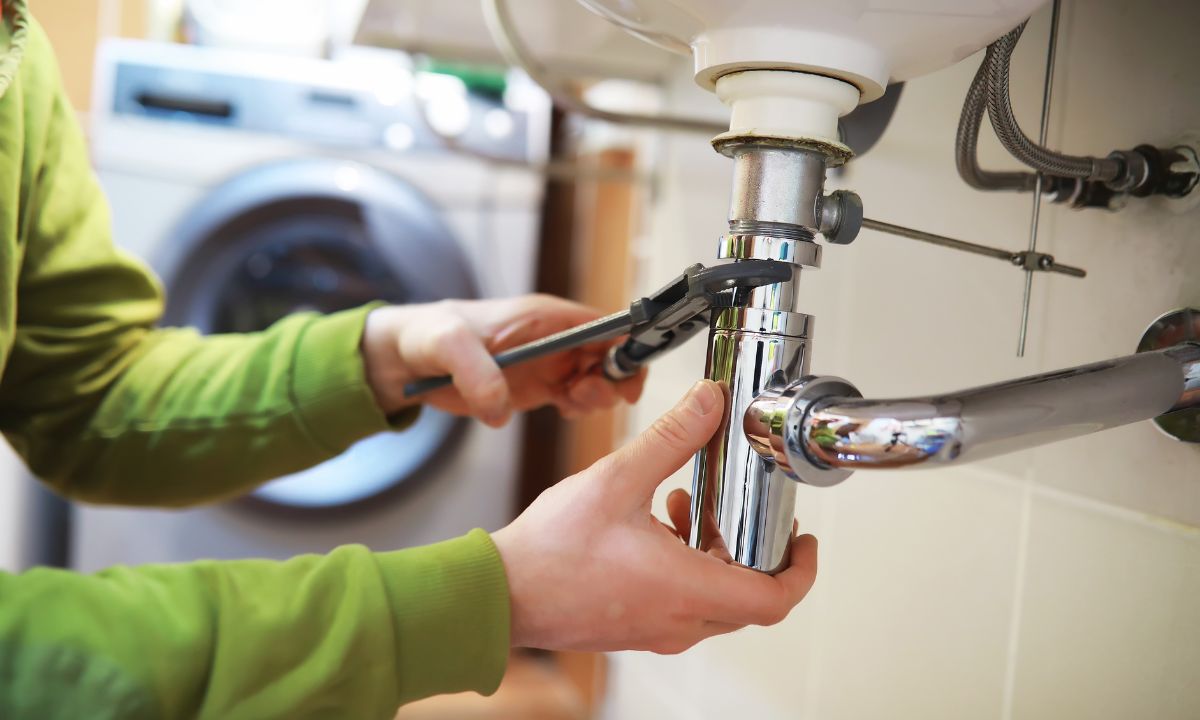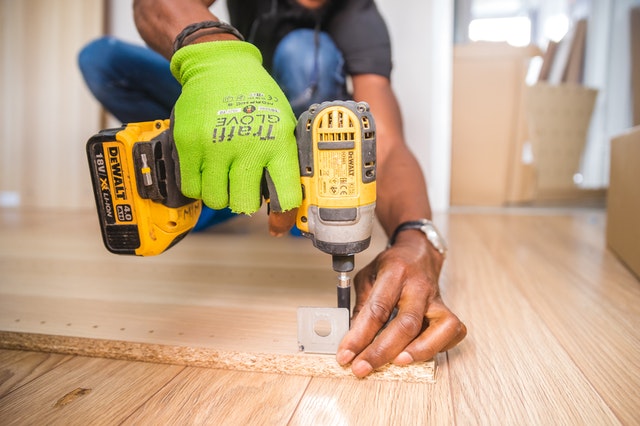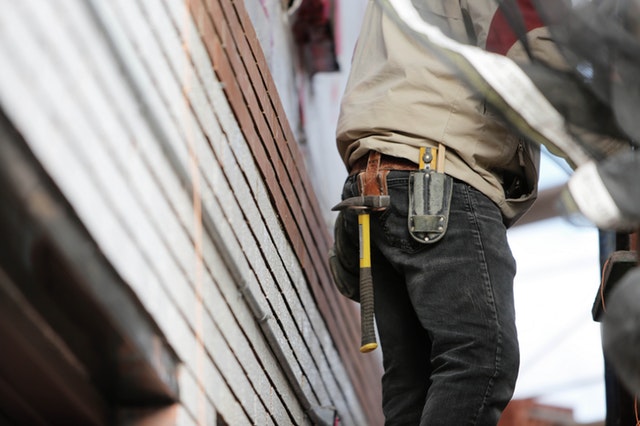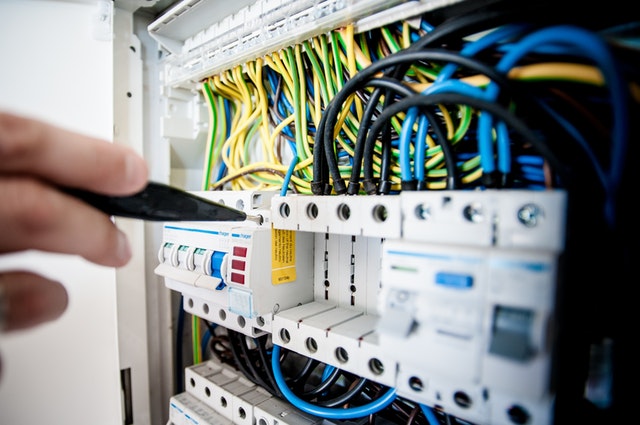 A home inspection is one of the most important steps in the home buying process. It gives buyers a clear picture of the property’s condition and can uncover issues that are not visible during a showing. From roofing problems to electrical concerns, an inspection helps ensure you know exactly what you are purchasing. However, once the report arrives, the next step, and negotiating repairs, can feel overwhelming.
A home inspection is one of the most important steps in the home buying process. It gives buyers a clear picture of the property’s condition and can uncover issues that are not visible during a showing. From roofing problems to electrical concerns, an inspection helps ensure you know exactly what you are purchasing. However, once the report arrives, the next step, and negotiating repairs, can feel overwhelming.
Reviewing the Inspection Report
When you receive the inspection report, take time to review it carefully with your real estate agent. Not every issue requires a repair or credit request. Focus on major concerns such as structural problems, roof damage, plumbing leaks, electrical hazards, or issues that impact safety or livability. Minor cosmetic flaws or small maintenance items are usually best handled after closing.
Prioritize the Big Repairs
The key to a successful negotiation is knowing what truly matters. A cracked windowpane may be a simple fix, but foundation issues or a failing HVAC system could be costly and deserve attention before the sale proceeds. Your agent can help you prioritize which repairs are essential and which can be negotiated as part of a credit or price reduction.
Explore Your Options
When inspection issues arise, buyers generally have three options: request that the seller make repairs, ask for repair credit at closing, or negotiate a price reduction. Each approach has advantages. Having the seller complete the repairs before closing ensures the work is done, but some buyers prefer a credit or discount to hire their own contractors after the purchase. This provides more control over quality and timing.
Be Professional and Fair
Approach the negotiation as a conversation rather than a confrontation. Remember that both parties want the transaction to move forward. Provide clear documentation from the inspection report and estimates from licensed contractors when possible. This shows that your requests are reasonable and based on facts, not emotions. Maintaining a cooperative tone can make a big difference in how the seller responds.
Rely on Your Agent’s Expertise
Your real estate agent is your greatest resource during this stage. Experienced agents know how to frame requests, communicate effectively with the sellerís side, and keep the deal moving. They can help you balance firmness with flexibility, ensuring your needs are met without jeopardizing the transaction.
Negotiating home repairs after an inspection is about finding balance. The goal is not to get a perfect home, but a fair deal based on the propertyís true condition. By focusing on major issues, presenting clear evidence, and keeping the conversation respectful, you can reach an agreement that benefits both sides. A well-handled negotiation protects your investment and sets the stage for a smoother closing.
 Owning a home is a dream come true for many, but amidst the joy of owning a piece of property, many responsibilities can often catch homeowners off guard. While the initial purchase price and mortgage payments are the most obvious expenses, the lesser-known significant costs associated with home maintenance and repairs can wreak havoc on your finances if not properly anticipated. We will discuss the hidden costs of homeownership and provide valuable insights on how to prepare and estimate future expenses, ensuring you’re equipped to manage your home without breaking the bank.
Owning a home is a dream come true for many, but amidst the joy of owning a piece of property, many responsibilities can often catch homeowners off guard. While the initial purchase price and mortgage payments are the most obvious expenses, the lesser-known significant costs associated with home maintenance and repairs can wreak havoc on your finances if not properly anticipated. We will discuss the hidden costs of homeownership and provide valuable insights on how to prepare and estimate future expenses, ensuring you’re equipped to manage your home without breaking the bank. Owning a house comes with major responsibilities and one of the most important is routine maintenance. While many people like to skip routine maintenance in an effort to save money, the reality is that these routine maintenance is going to save people down the road. The reality is that maintenance is a homeowner’s first line of defense when it comes to protecting their most valuable investment, which is their home.
Owning a house comes with major responsibilities and one of the most important is routine maintenance. While many people like to skip routine maintenance in an effort to save money, the reality is that these routine maintenance is going to save people down the road. The reality is that maintenance is a homeowner’s first line of defense when it comes to protecting their most valuable investment, which is their home. For most people, their home is the most valuable investment they are ever going to make. Therefore, it should make sense that people will want to improve its value over time. In this case, people are going to need to invest in power tools. Those who are interested in home improvement projects need to know about the five most important power tools available in today’s market.
For most people, their home is the most valuable investment they are ever going to make. Therefore, it should make sense that people will want to improve its value over time. In this case, people are going to need to invest in power tools. Those who are interested in home improvement projects need to know about the five most important power tools available in today’s market. Many homeowners enjoy DIY, or Do-it-Yourself, home improvement projects. There’s nothing quite like the pride of knowing you used your own hands to put together or improve something.
Many homeowners enjoy DIY, or Do-it-Yourself, home improvement projects. There’s nothing quite like the pride of knowing you used your own hands to put together or improve something. There are many homeowners who hire contractors to make repairs or upgrades on their homes. It is critical for home improvement contractors to follow all rules and regulations set forth by the law. These regulations have been set forth under the Home Improvement Consumer Protection Act, or HICPA.
There are many homeowners who hire contractors to make repairs or upgrades on their homes. It is critical for home improvement contractors to follow all rules and regulations set forth by the law. These regulations have been set forth under the Home Improvement Consumer Protection Act, or HICPA.  For most individuals and families, their home is the most expensive investment they will ever purchase. Therefore, it is important for everyone to take care of their home. Routine maintenance can prevent costly repairs from arising down the road.
For most individuals and families, their home is the most expensive investment they will ever purchase. Therefore, it is important for everyone to take care of their home. Routine maintenance can prevent costly repairs from arising down the road. Did you know that some home improvements lower the resale value of a home and decrease the number of potential buyers? If you are going to repaint the exterior of your home bright, traffic-cone orange and try to sell it for a high price, think again! Maybe, if the artist Pablo Picasso once lived there that might work, but probably not under any other circumstances.
Did you know that some home improvements lower the resale value of a home and decrease the number of potential buyers? If you are going to repaint the exterior of your home bright, traffic-cone orange and try to sell it for a high price, think again! Maybe, if the artist Pablo Picasso once lived there that might work, but probably not under any other circumstances. Buying a new home is a big step for individuals and families. This is a time for celebration as the new furniture gets moved in, everyone gets adjusted, and the honeymoon phase starts with the new home. On the other hand, buying a home also means that all of the responsibilities rest with the owners.
Buying a new home is a big step for individuals and families. This is a time for celebration as the new furniture gets moved in, everyone gets adjusted, and the honeymoon phase starts with the new home. On the other hand, buying a home also means that all of the responsibilities rest with the owners. Owning a home comes with major responsibilities and also offers major questions. One of the biggest questions that people will have to answer is whether or not they want to take out a home warranty. In order to decide whether a home warranty is worth it, it is important to first understand what a home warranty is.
Owning a home comes with major responsibilities and also offers major questions. One of the biggest questions that people will have to answer is whether or not they want to take out a home warranty. In order to decide whether a home warranty is worth it, it is important to first understand what a home warranty is.